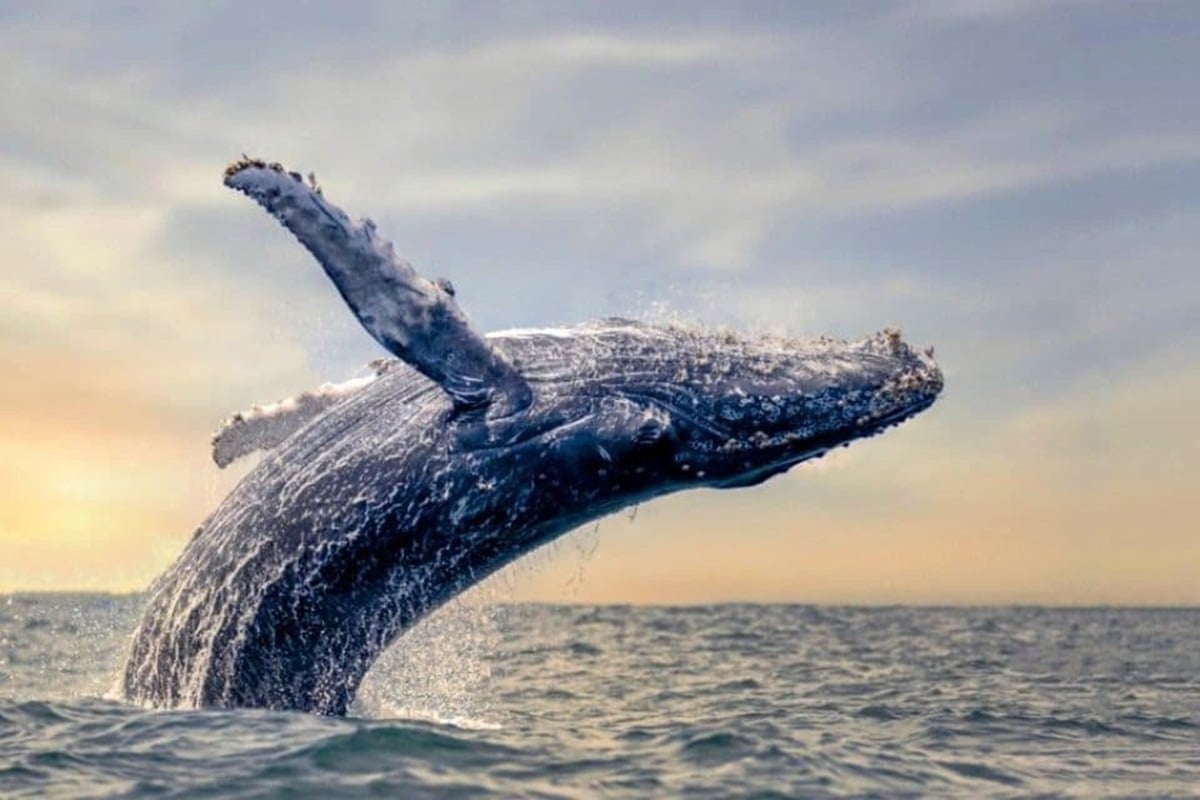Life under the sea is full of simple pleasures away from the busy world of humans. During the COVID-19 pandemic, something unexpected happened like lockdowns helped humpback whales very much. A team from the University of Queensland, led by Dr. Jake Linsky, found something interesting. The lockdowns had a calming effect on humpback whales migrating off Australia’s east coast.

Dr. Linsky, from UQ’s School of Environment, studies these whales at Moreton Bay Research Station. He uses drone photos and samples to check the whales’ health. These whales have recovered well from whaling in the past. The team wanted to use new tools to see how healthy they are.
“We used drone photos and samples to check the health of eastern Australian humpback whales near North Stradbroke Island during their migration in 2020 and 2021,” Dr. Linsky said. “This whale group has recovered well from past whaling, so we wanted to use the best tools to check on their health.”
“We also used small boats to get close to the whales and collect tiny samples of skin,” he added. Lower cortisol levels mean less stress. Why did this happen? Dr. Linsky thinks it’s due to changes in climate and less human activity during the pandemic.
“Several things happened during this time, like climate shifts to La Niña and big changes in human activity due to the pandemic.” “Our gene tests suggest whales might be reacting to fewer pollutants in their feeding waters.”
“Other studies found similar stress hormone drops in whales on the other side of Antarctica. Our results show this might be true for the whole Southern Ocean.” These findings are important for making rules to protect whales and other sea life.
Less human activity during lockdowns and lower cortisol levels support creating protected marine areas and stricter rules on boat traffic and pollution. By reducing human stressors, we can make safer places for these amazing creatures.



